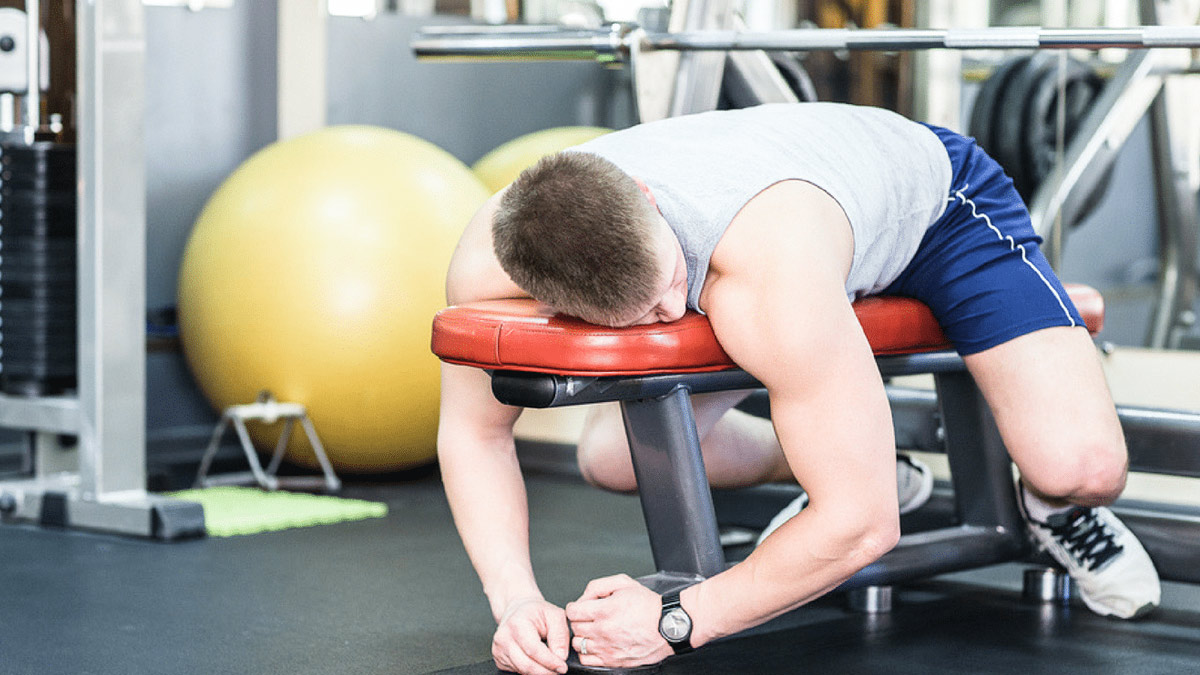
Many people push themselves hard during workouts. When they work out more, they think that they will become fit sooner. However, this can sometimes become counterproductive, and excessive exercise can turn out to be harmful to the body. This is something that has recently been opened up about by actress Bhumi Pednekar. She gave the story of how she would exercise so painstakingly that she would aim to burn hundreds of calories in a single exercise. But this affected her health negatively. Bhumi states that she ruined her body as she never rested it. She now exercises way less than she used to four years ago (just 20 per cent,) and she feels better than before.
Table of Content:-
Bhumi Pednekar Shares Her Story Of Overdoing Workout
View this post on Instagram
When Bhumi started exercising, she thought the key to fitness was over-exertion. She was proud of pushing past limits in every session. But her intense workouts led to hidden health problems. She chooses not to reveal all the details yet, but hints that they were serious enough to change her approach.
Bhumi shares her experience:
- Over-exercising left her body worn out without time to heal.
- She developed underlying health conditions from this strain.
- After years of intense workouts, she realised rest is just as important.
- Today, she works out at a much lower intensity, about 20% of her earlier routine.
- This balance helped her become her fittest self.
Her experience is a reminder that fitness doesn’t always mean pushing harder.
ALSO READ: What is Hot Girl Anxiety? Exploring Fantastic Four’s Pedro Pascal's Anxiety Around Vanessa Kirby
How Overdoing Your Workout Affects Your Health![Overdoing Workout 3 - 2025-07-30T123253.862]()
Exercising is good both to the body and the mind, but it can be very destructive when overdone. With excessive exercising, this is what could happen:
- Injury risk: Using muscles and joints to the point of strain without sufficient rest can result in tears, sprains, or the development of chronic pain
- Immunity: Repetitive overloading can bring down the immune system, which puts you at risk of getting sick.
- Hormonal related: Excessive exercise wears out the body system, and this can create imbalances in hormones that involve mood, metabolism and other functions
- Fatigue and burnout: The sheer intensity of the kept-up exercise regime might wear out not only the body but also the mind, resulting in the apparition of fatigue and burnout to diminish the desired exercise effects
- Poor sleep: Your sleep may get disturbed due to overtraining, and you may not get enough sleep, which is required to heal.
- Slow healing: Your muscles do not heal well when you do not get enough rest, making it harder to progress and aggravating pain.
Finding Balance: What to Keep in Mind![Workout Balance 2 - 2025-07-30T123250.125]()
To avoid the risks of over-exercising, follow these simple tips:
- Listen to your body: Do not ignore pain or extreme fatigue, a change of mood. These may be indicators to reduce the pace of operation
- Rest days: Do not overwork muscles. Sleep is included in being strong
- Change the type of workout: Rotate cardio, strength, and flexibility.
- Be practical: Believe that the end results should be gradual, rather than a glitch.
- Don't forget to drink water and eat well: Take care of your body with the right food and water
- Talk with health experts: Trainers and physicians can give directions for healthy profitable routine
By working out smarter, not harder, you can improve health and avoid pitfalls.
ALSO READ: ‘Dark Knight Rises’ Star, Alon Aboutboul, Dies After Fatally Collapsing On The Beach - Report
Final Thoughts
Bhumi Pednekar’s story is a lesson in balance. Fitness isn’t about pushing to extremes but caring for your body with patience. Over-exercising can cause hidden damage and slow you down. Rest, listening to your body, and pacing yourself can make all the difference. In the end, the goal is long-term well-being, not just quick results.
Also watch this video
How we keep this article up to date:
We work with experts and keep a close eye on the latest in health and wellness. Whenever there is a new research or helpful information, we update our articles with accurate and useful advice.
Current Version

